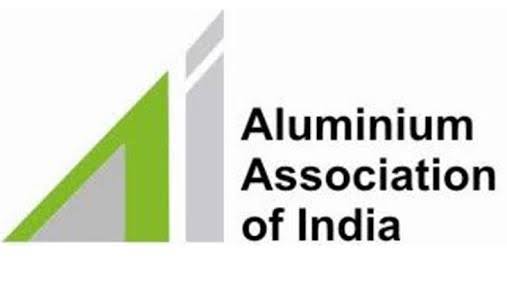Bhubaneswar:The Aluminium Association of India (AAI),the apex body representing the top aluminium producers within India, has submitted its pre-budget representation to the Department for Promotion of Industry and Internal Trade (DPIIT) under Ministry of Commerce, Government of India. It emphasizes aluminium’s crucial role in India’s continued growth, especially as the nation envisionsbecoming a ‘Viksit Bharat’ or developed nation by 2047.
High aluminium usage is an established marker of advanced economies, given the metal’sextensive use in both present and futuristic applications.This has led several nations like USA, Malaysia and Indonesia to designate aluminium as a ‘strategic sector’.As per industry estimates, India’s per capita consumption of aluminium is still around 3 kg per annum, compared to the global average of 12 kg. However, the sector is facing major challenges in attractingfresh investments, despite domestic demand for aluminium set to reach10 MTPA by 2030. So far, the Indian aluminium industry has invested over INR 1.5 lakh crore, or $20 Bn, to expand production capacity to 4.2 MTPA to meet the growing demand.
However, a further investment of 3 lakh crores (~$40 billion)over the next 6 years will be needed to meet the expected demand of 10 MTPA, while also creatingmore jobs within India.Given that aluminium is a strategic metal with extensive usage in defence, aerospace and sunrise sectors of renewables, electric vehicles, power transmission & sustainable infrastructure, it is paramount for India to be self-sufficient in aluminium production.Towards encouraging fresh investments, aluminium producers have requested the Central Government to safeguard the industry from surging imports.
Over the past couple of years, imports of primary aluminium have doubled while there has also been a significant surge in low-quality scrap and downstream products, especially from China.Industry members have highlighted thatthe influx of imports in the domestic market is a deterrent to making new investments in the sector, even when India has all thenecessary ingredients to emerge asa global aluminium hub. According to them, the primary reason for the surge in imports is the low import duties on primary/downstream products and a prevalentduty difference between primary goods & scrap in aluminium. This is unlike other key non-ferrous metals, where the duty for scrap and primary is at par.The AAI has therefore requested the Central Government to helpensure the nation’sself-sufficiency and attract new investments by increasing the import duty on primary/downstream products to 10% from the existing 7.5%.
Additionally, to control cheap imports, the duty onaluminium scrap also needs to be set at 7.5%, atpar with other aluminium products. This measure would encourage the recycling of domestic scrap and limit the influx of low-quality foreign scrap, helping strengthen the circular economy.To ensure global competitiveness, it is essential that policies nurture a sustainable environment, fostering growth for the domestic industry while positioning India as a leader in the global market.This will provide some relief to the industry, already burdened by high tax & regulatory charges.
Presently, the industry incurs around 17% of its cost of production in taxes, levies, and regulatory compliance charges. To ease this burden, the AAI hasproposed an urgent rationalizing of duties on crucial raw materials.The domestic aluminium industry’sexisting investments in capacityhave led to the creation of over 8 lakh direct and indirect jobs and spurred the development of more than 4,000 small and medium enterprises (SMEs) in remote regions, particularly in the downstream sector.According to the AAI, the additional investment of Rs. 3 lakh crore ($40 billion) to meet domestic demand would align with the prime minister’s vision for an “Atmanirbhar Bharat”, while also creating 20 lakh livelihood opportunities across the country. With government support in the form of duty rationalization and enhanced import restrictions, the domestic producers are confident of contributing to India’s journey toward self-reliance.






